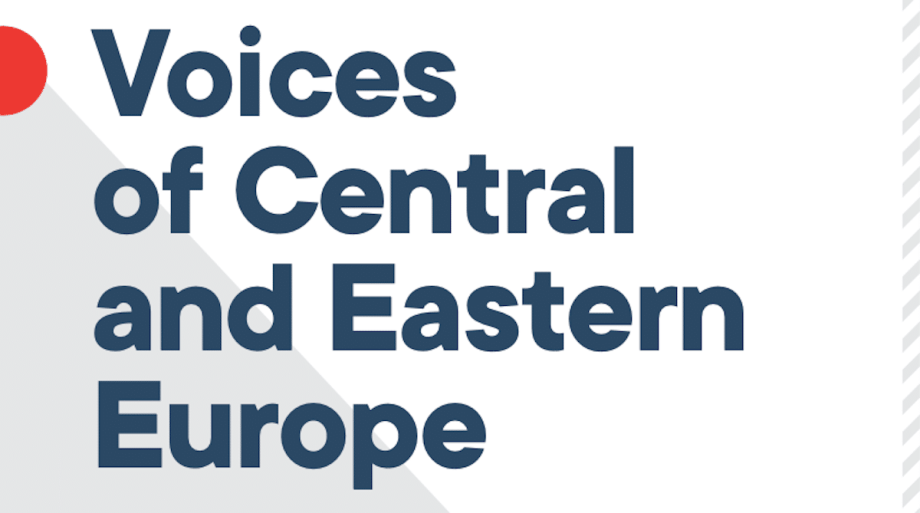More Than 50% of Respondents Would Choose Liberal Democracy Over an Autocratic Leader

Bratislava, Slovakia, 9:00 AM.
A new GLOBSEC report shows that satisfaction with democracy and current governance is low in Central and Eastern Europe. Moreover, those who are not supportive of liberal democracy are more eager to believe in conspiracy theories.
„At times of instability and insecurity reinforced by the COVID-19 pandemic, democracies can become particularly fragile. Therefore, we looked at how people in the region perceive their current governance system, institutions and media and whether it links to their beliefs in conspiracies or misinformation in any way,” said Dominika Hajdu, research fellow at GLOBSEC.
The study, analysing attitudes of citizens in the region, shows that the support for liberal democracy is not straightforward. Only in 5 out of 10 countries, more than 50% of respondents would choose liberal democracy over an autocratic leader. The most supportive of liberal democracy were Austrians with 82% showing support and the least Bulgarians with 35%.
A similar trend applies to the satisfaction with democracy and the current governance system. Only in Austria, and to some extent in Estonia and Czechia, are citizens more satisfied with their current governance system than dissatisfied. The dissatisfaction can be, among others, observed on a lack of trust – on average, 72% in the region distrust political parties, 53% distrust their governments.
“The results show that dissatisfaction with the system is often coupled with a feeling of powerlessness and recognition of systemic favouritism of the wealthy and those with contacts to elites”, said Katarína Klingová, GLOBSEC’s senior research fellow. On average, 6 out of 10 respondents believed their needs are not taken into account by the political system in their country and 67% believe that oligarchs have strong control over the government in their country.
“Since democratic processes tend to be undermined by specific disinformation and conspiracy narratives, we also tested some of these popular narratives in all countries covered,” added Hajdu. The data show that those who believe in conspiracy theories and misinformation are also very likely to prefer a strong leader over liberal democracy and trade their democratic freedoms for other social and financial benefits.
While for every country, different misinformation and conspiracy narratives are popular, but clear outliers could be identified among Bulgarians and Slovaks, of whom around 50% believed in all conspiracy and misinformation narratives polled.
The report is based on public opinion polls conducted in March 2020 on a representative sample (1000+) in 10 countries – Austria, Bulgaria, Czechia, Estonia, Hungary, Lithuania, Latvia, Poland, Romania and Slovakia. Read more at https://www.globsec.org/publications/voices-of-central-and-eastern-europe
Media inquiries:
Henrieta Kunová
Acting Director, Communications and Marketing